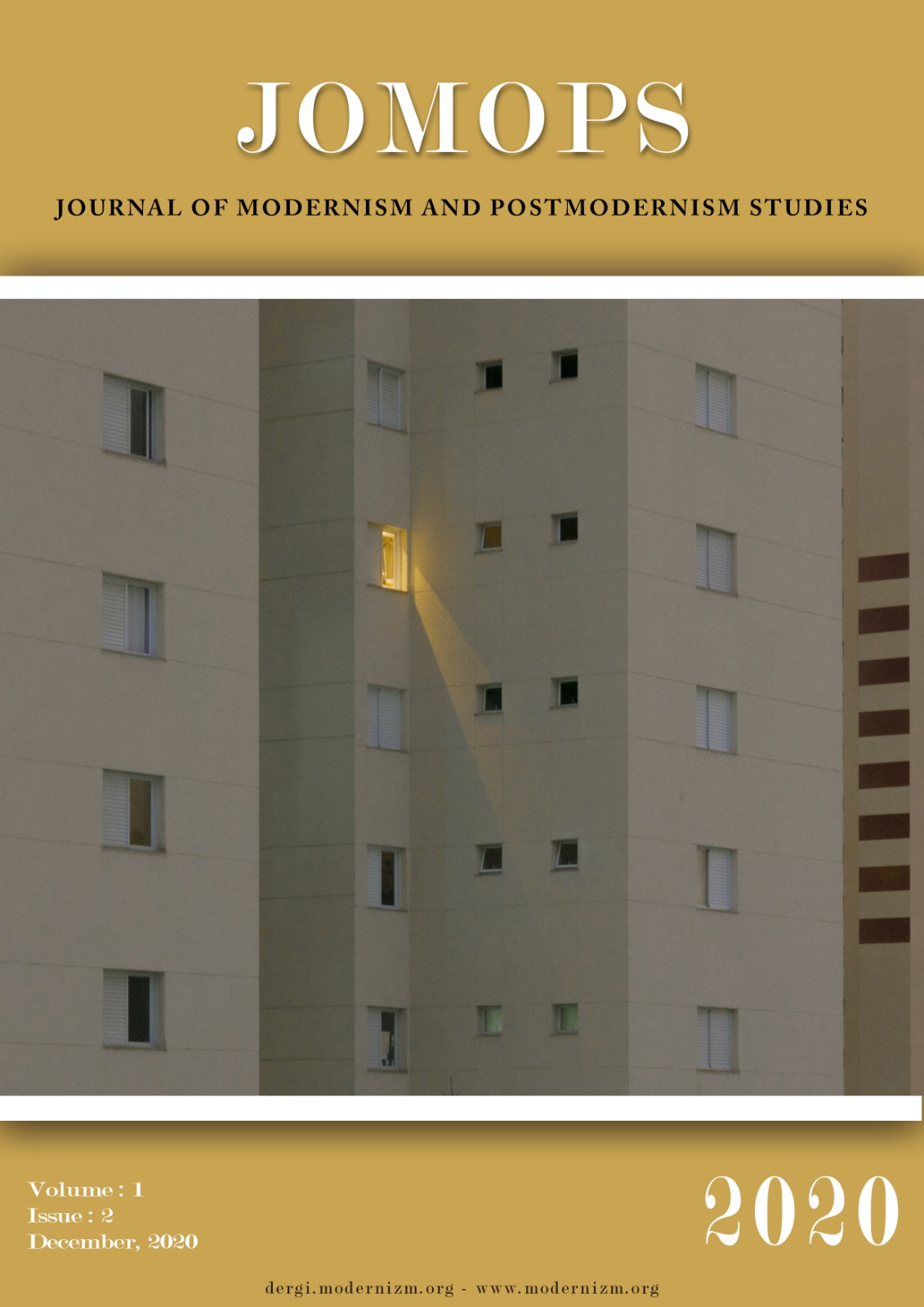
Journal of Modernism and Postmodernism Studies
Yazarlar: ["AYA ELBABLY"]
Konular:-
DOI:10.47333/modernizm.2022.67
Anahtar Kelimeler:Postmodern Feminist Historiography,Feminist Revisionist Mythmaking,Arab American Poetry,Islamic Feminism,Mohja Kahf
Özet: Contending with the re-reading and re-writing of history that has always excluded women from its grand narratives, postmodern feminist writers have always sought to revise canonical texts from a gynocentric perspective. Through their revisionary fiction, they aimed at challenging the subordinate, marginal and invisible position of the women characters in these texts. In place of the alleged objectivity of these accounts, postmodern feminist revisionist writers transform these ancient tales while employing female insight to re-narrate the story of humanity, yet through women’s perspective. Thus, they create new texts to challenge the fundamental gender stereotypes, namely the binary images generated by the ‘collective male fantasy’ of women as divine/demonic. This reclamation additionally shatters the imposed silence upon women, while granting these female characters the voice and agency they were denied. This paper demonstrates Mohja Kahf’s re-writing of the female characters, Hajar, Balqis and Zuleikha in her poetry collection Hagar Poems (2016). Kahf re-envisions the Islamic narrative by recollecting these women’s stories from a postmodern feminist revisionist perspective. Such re-appropriation of these female figures unsettles the traditional linear Islamic history that conventionally focuses on male characters and recreates these eminent women in new archetypal forms. In effect, this paper draws upon the critical theories of postmodernist revisionism, using Adrienne Rich’s seminal concept of ‘Re-vision’ and Alicia Ostriker’s feminist revisionist mythmaking theory, along with postmodern feminist historiography and in particular Linda Hutcheon’s theory of historiographic metafiction, in addition to Islamic feminism. Hence, the paper displays how Kahf recasts these notable women to create a dialogue between the past and the present. Her revisionary feminist re-narration renders a possible divergence to the patriarchal symbolic and problematizes the androcentric basis of history. Finally, the paper demonstrates how Kahf’s poetry reinforces modern Muslim women’s agency and enriches their subjectivity.